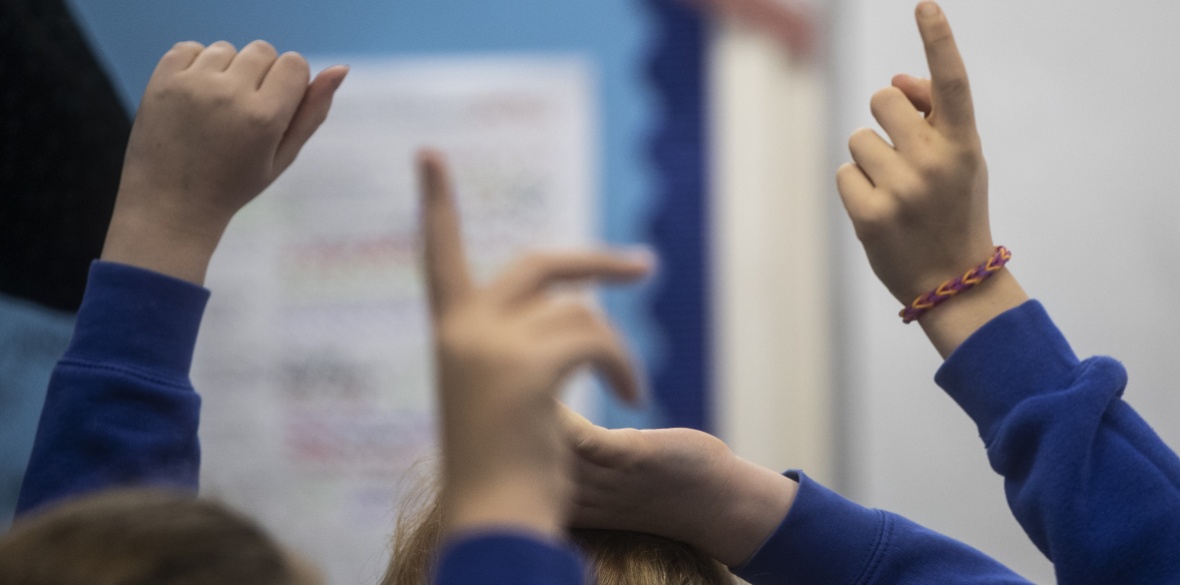This is the last article you can read this month
You can read more article this month
You can read more articles this month
Sorry your limit is up for this month
Reset on:
Please help support the Morning Star by subscribing here
A CHARITY has warned of “unacceptable” levels of segregation across state schools after it found that poorer students stand less chance of getting into top-performing comprehensives.
The Sutton Trust study researched the top 500 secondary schools in England, ranked according to how pupils performed across eight subjects at GCSE level.
According to the study, the “top-performing” schools took 40 per cent fewer pupils eligible for free school meals than the average comprehensive school.
The charity found that this was partially due to schools being located in more affluent areas, however the gap was largely attributed to “some form of social selection within that area.”
For instance, the highest-performing schools enroled 30 per cent fewer students eligible for free school meals than the total residing in their catchment area.
The number of “top” schools differed across regions.
In north-east England, there were fewer of these schools and more students on free school meals.
There were also “increasing levels of social selectivity” in the top-ranking schools that were located there.
Sir Peter Lampl, founder of the Sutton Trust, described the levels of social segregation across the school system as “unacceptable.”
He said: “The poorest parts of the country are hit by a double whammy of having the fewest top comprehensive schools, which are also the most socially selective. This is deeply concerning.
“The government should review the school admissions code to ensure all state schools take a mix of pupils which reflects their local community and provide disadvantaged pupils with a fair chance to access top-performing schools.”
Geoff Barton, general secretary of the Association of School and College Leaders (ASCL), warned that the fairer access is “not just about admission practices.”
He said: “Currently, we have an inspection system which often actively damages schools that face the greatest challenges by the application of negative ratings which make it more difficult to recruit staff and pupils.
“This means these schools are particularly badly affected by national teacher shortages and funding pressures which in turn makes improvement harder to secure.”
The Sutton Trust has called on the government to include an assessment of fair access in Ofsted inspections, and to also take into account financial barriers such as transport and uniform costs.
National Education Union general secretary Daniel Kebede said: “The report is a very timely reminder that our school system should be a means of lessening educational and social inequalities, rather than of reproducing them.
“A new government will need to address the problems that the Trust has highlighted; they have been swept under the carpet for too long ”











